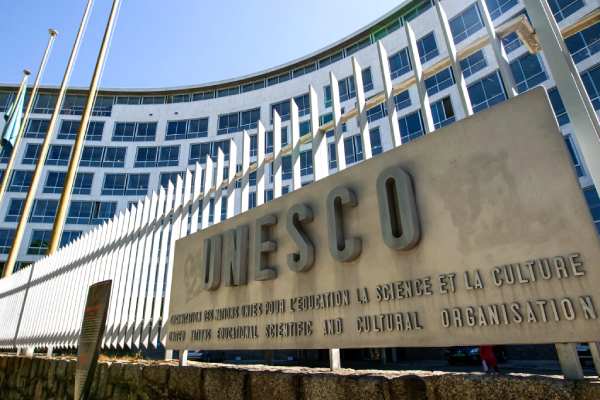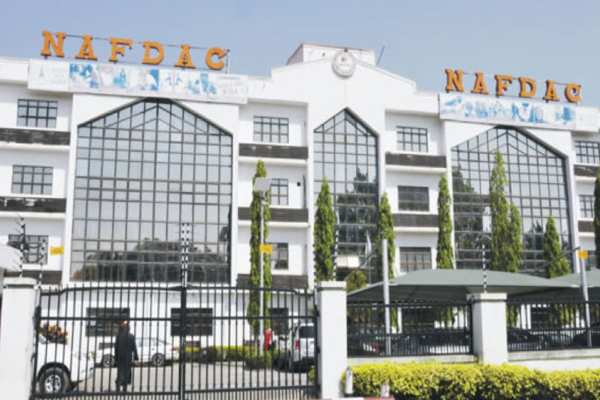The 8 Functions of UNESCO in Nigeria
The functions of UNESCO in Nigeria are amongst its mission to make positive deposits to the building of a culture of peace, sustainable development, eradication of poverty, and intercultural communication through education, the sciences and information, culture, and dialogue.
UNESCO Overview
The United Nations Educational, Scientific, and Cultural Organization (UNESCO) was established on 16 November 1945. UNESCO has 195 Members with 8 Associates and is headed by the General Conference and Executive Board.
The Secretariat is governed by the Director-General and carries out the decisions of these two agencies. The Organization has about 50 field offices all over the globe and has its headquarters in Paris.

UNESCO focuses on creating the conditions for relationships between and amongst cultures, civilizations, and peoples, based on the respect and recognition of commonly shared values.
It is through this communication that the world can achieve its visions of sustainable development grounding on the alleviation of poverty, observance of human rights, and mutual respect; all of which are central to the missions and activities of UNESCO.
Functions Of UNESCO In Nigeria
1. Promotion and Primary Access to Education
The United Nations Education, Scientific, and Cultural Organization is a springboard for the promotion of specialized education around the world.
Attaining quality education for all and lifelong learning is an objective of UNESCO, as education is a bedrock for the development of the group and its missions.
Education allows for the advocation of ethical awareness, values, behavioral skills, and attitudinal responsibility. This they make available both formally and informally. As education and behavior are consistent for sustainable development, they ensure that every society actively participates in garnering those skills.
Most of the functions of UNESCO revolve around education; they ensure that all have primary access to basic education by enlightening the public on the importance of this objective
2. Mobilizing Knowledge and Policy For Sustainable Development
There is a need for the attainment of a new vision to drive the educational sector and mobilize the knowledge of science for sustainable development.
UNESCO drives the development of a new curriculum, that will impart knowledge of responsibility among individuals. They seem to formulate responsible citizens in society with a better understanding of society.
By making provisions for environmental and developmental education to persons of all ages and nationalities, this agency is headed for success in its missions.
3. Addressing Emerging Social and Ethical Challenges
Also, the Functions of UNESCO in Nigeria include addressing threatening societal issues such as corruption, unemployment, poverty, crime, violation of human rights, and lack of respect for the law, among others are addressed and attended to by this agency.
Areas of interest like the provision of safe and clean drinking water, vaccination against prevalent diseases, and environmental and personal sanitation, are focused on as well.
The United Nations Education, Scientific, and Cultural Organization involve young and growing children in their targets of environmental health. The wellness of every child is fundamental to the commission, and as such, they take it upon themselves as a crucial responsibility.
4. Integration of Developmental Concepts in Education
For education to be described as quality and attainable, it has to be a conglomeration of developmental concepts.
This organization of the United Nations delivers a form of education that beams a ray of hope to the people while giving them guaranteed confidence to face the future with such conviction that they can handle issues that may probe or threaten their human existence.
5. Fostering Cultural Diversity, Intercultural Dialogue, and a Culture of Peace
Why the name of this organization is tagged “United Nations”, is because they wish to form a body of different countries. Nations with diverse tribes, ethnicity, languages, culture, values, and identities; yet with a common goal of fostering peace and prosperity among the Nations, edifying communication and dialogues from between many cultures.
They promote the formulation of a system of education that encourages people to embrace values and ethics which would be sensitive to cultural identity, multicultural dialogue, democratic decision-making, and the appropriate use of natural resources.
6. Accelerating Reforms to Education
Changes in society as a result of the evolution of science and technology have called for changes in the school system and its curriculum. The organization is saddled with the responsibility of accelerating and reforming the educational sector.
It coordinates every activity of the stakeholders in education through its functions by making sure that not just the curriculum, but the teachers, educators, education policymakers, and authors of educational materials, are reviewed and are working properly.
7. Building Inclusive Knowledge Societies Through Information and Communication
The United Nations Education, Scientific, and Cultural Organization is working tirelessly to ensure the provision of technical and professional support
As a result of the rapport between the United Nations and Federal Governmental agencies, innovative policies, practices, and programs of education geared towards the sustainability of development are attained.
This facilitates international and national education that encourages personal development and capacity building in the youths. The students are given access to standardized forms of education in the sciences, governmental, national, multicultural, environmental, and family education.
8. Idealization of Key Sectors in Education
Some key ideas and guiding principles in the education sector have been clarified and shared across nations of the world. This they achieve through multinational conferences ranking in sub-regional, regional, and international Unions.
It has encouraged and sponsored the development of projects, aimed at producing new sceneries of education.
Some of the curriculum and other learning aids used by not just the teachers, but the students are materials developed by the United Nations Education, Scientific and Cultural Organization. They have also been able to successfully work for and create international networks for schools under their jurisdiction across the world.
Conclusion
Conclusively, for all the Functions of UNESCO in Nigeria as mentioned above, cutting across Education, Scientific, and Cultural Organization to be achieved, every stakeholder in the education sector must begird their loins in the achievement of their set objectives.
Ranging from the teachers, the educators, curriculum developers, and education policymakers but not restricted to the authors of educational materials.
Read Also: The Functions Of UNICEF In Nigeria
They must all work together to promote a system of education that encourages individuals to uphold ethics and values, which are sensitive to cultural identity, multicultural dialogue, democratic decision-making, and the fitting use of natural resources.







